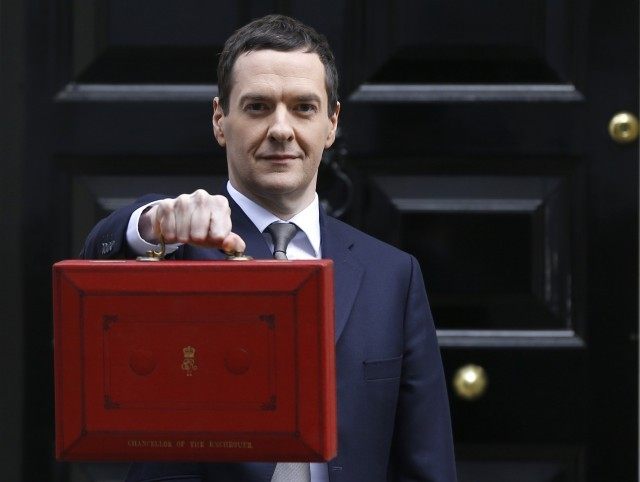Yes! It’s Budget day. Surely you can feel the love. George Osborne has delivered the final fiscal prescription of the coalition government and in doing so set the country to rights before the general election.
Perhaps. Maybe. Possibly. You see, that’s the Chancellor’s cunning plan; to turn what comes out of a red box into votes at the ballot box. Whether or not voters agree in the next 50 days will decide his fate as much as that of David Cameron’s hopes to return to Number 10.
Here’s what’s in it for you (as if you didn’t already know, given that most of the budget was leaked ahead of time) from a triumphalist Chancellor who said that this Government can: “Fix jobs, fix the economy, fix inflation and fix debt” – but only if voters give them another chance so they can “fix” the outcome of the election. Presumably.
The Chancellor did announce a new savings allowance to give millions of people “tax free banking” and said first-time house buyers will have their deposits topped up by the Government with a “Help to Buy ISA”.
So far so good. A few other highlights included:
The end of the annual tax return is nigh. HM Revenue and Customs will automatically collate the tax affairs of millions of Britons from employers, banks and investment firms into a single “digital” tax account which can be checked at any time online.
Sounds positive but don’t get too excited yet. It will be five years before this digital plan becomes a full reality.
The price of a pint is coming down. Beer duty is being cut by a penny off a pint, cider duty down 2pc, whisky and spirits by 2pc, wine duty frozen. No changes on gaming or tobacco.
Then there’s your taxes. Personal tax free allowance rises to £10,800 next year and £11,000 the year after. A tax cut to benefit around 27m people. Meanwhile 40p rate climbs to £43,300 in 2017-18 and Mr Osborne says he wants to eventually raise the tax free allowance to £12,500 and 40p rate to £50,000.
At the same time those breaks were unveiled, Mr Osborne announced a string of measures to clamp down on tax avoidance, including a diverted profits tax and ending the practice of businesses taking account of foreign branches when reclaiming VAT on overheads. He also flagged that the Government will look at Deeds of Variation and how they affect people’s willingness “to pay their fair of tax.”
Possibly Ed Miliband can help him with that.
Ultimately these are the things a government can control: policy and its imposition.
One thing it cannot control is the future, which is why the following should be taken with a grain of salt.
Unemployment is forecast to fall from 5.7pc now to 5.3pc at the end of 2015. In December, the OBR forecast it would be 5.4pc at the end of this year, and a year ago it said 6.5pc. Overall this is down three percentage points from what the Coalition inherited. Around 1,000 jobs have been created a day but their national spread is uneven at best.
For all that, the one question any voter is entitled to ask as a government reaches full term is this: do you feel any better off today than you did five years ago? Is your pound going further, your pension safer, are there more jobs for you and your family and is your job – if you have one – safer now than it was?
All up, this was a political budget, designed as much to punish Labour and their manifest failing as it was to shine a light on Tory magnificence (if you can stomach such a thing).
And don’t forget that total UK national debt is still rising and remarkably, incredibly even, the entire Budget speech by Mr Osborne totally neglected any mention of the NHS.
A deeply cynical electorate wants little of Labour’s traditional tax-and-spend obsessions as much it does the Tory obsession for power for its own sake. Which is why Ukip continues to attract attention.
In the end we have been asked to feel the Tory love in this budget. Well, do you?

COMMENTS
Please let us know if you're having issues with commenting.